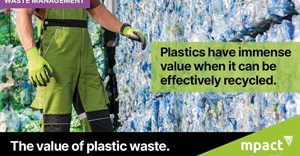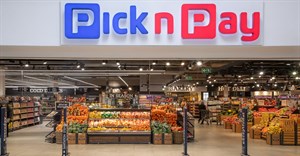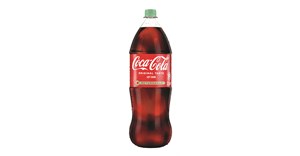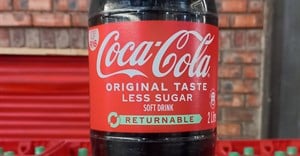5 ways Pick n Pay plans to reduce its plastic waste
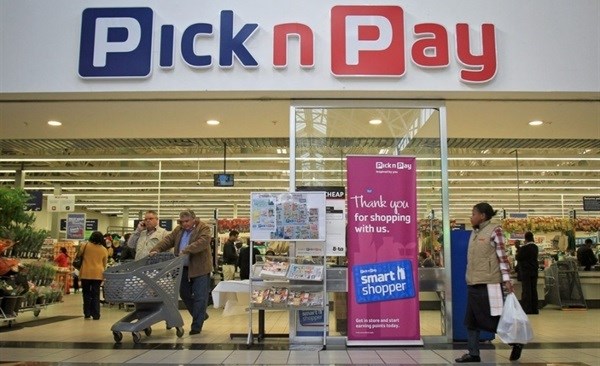
“Everyone has an important part to play in reducing plastic waste. We want to make it possible for our customers to help in this effort, and we’re giving them more choices in our stores to do just that,” says Paula Disberry, retail executive: commercial and marketing at Pick n Pay.
Short-term focus areas
The retailer will initially target five areas in the short term, with a wider set of targets and commitments to follow:
1. 100% recyclable plastic bags introduced: Pick n Pay will start introducing 100% recyclable plastic bags, manufactured from recycled plastic and with no added calcium, in stores from August 2018. In addition, a broader range of reusable bags at "affordable prices" will be made available to help customers move away from single-use bags.
2. Plastic straws to be phased out in favour of paper straws: Plastic straws will no longer be provided at checkouts. These will be replaced with paper straws which will only be available at the cold drink kiosks.
3. Alternatives to everyday plastic disposable items: Pick n Pay-branded earbuds will be introduced where the plastic inners will be replaced with paper.
4. Reduced packaging impacts: Pick n Pay has introduced recycled PET (RPET) in a range of its own products. The plastic punnets used in the packaging of their fresh fruit and vegetables contains a minimum of 25 % RPET. The use of RPET will be rolled out to more categories, such as the PnP and No Name carbonated soft drink bottles – these will include a minimum of 20% RPET. PnP’s Dishwashing Liquids and All Purpose Cleaners will include a minimum of 25% recycled material.
5. Free plastic collection from online customer homes: The retailer has had in-store recycling bins for plastic bags available at all their stores for several years. The company will now increase customers’ ability to recycle by offering free plastic collection from online customers’ homes.
Alleviating environmental damage
Disberry says that the environmental damage caused by the use of plastic and the impact on our oceans has become increasingly clear. It has been reported that by 2050, at current rates of pollution, there will likely be more plastic in the sea than fish.
The new Pick n Pay plastic carrier bags will have zero added calcium and be made from 100% recycled material – 60% from post-consumer waste (which includes recyclable customer plastic that has been collected and sent to recycling plants), and 40% from factory/manufacturing waste (from factory plastic bag cut offs generated during the making of plastic bags).
“While we’ve seen success in the promotion of our reusable bags, it was clear we needed to counter the environmental damage from the non-recycling of plastic bags.”
Disberry says, “This is just the start of our Packaging and Plastic Reduction Project.
“Customers can expect more initiatives and commitments to reduce our packaging in the near future. In addition to the extensive work on our own branded products, this will include partnering with key suppliers to roll out the packaging and plastics reduction programmes they are implementing in Europe and the USA in South Africa.
“We will also launch a plastic and recycling education programme through the Pick n Pay School Club that will reach more than 2 million learners.”
Disberry concludes, “There are no easy or quick fixes, but in partnership with our partners, industry bodies and suppliers we will continue to lead change in reducing plastic use.”











